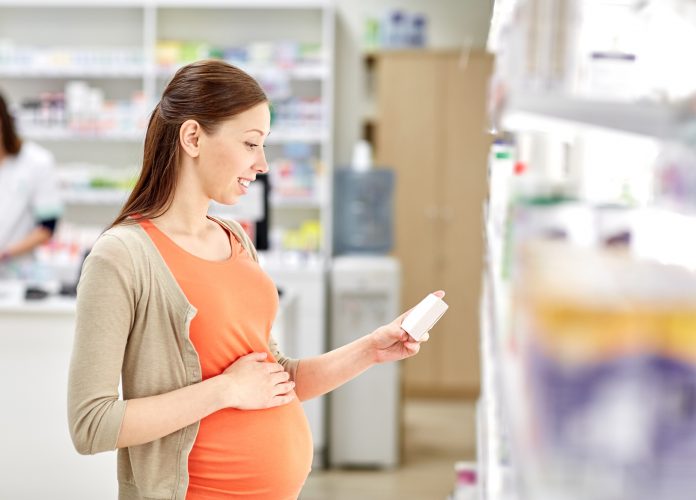Anemia is when your blood has too few red blood cells. Having too few red blood cells makes it harder for your blood to carry oxygen or iron. This can affect how cells work in nerves and muscles. Every pregnancy is different. But there are a few things most women can expect. An increased risk for anemia is one of them.
When you’re pregnant, you may develop anemia. During pregnancy, your baby also needs your blood. Every red blood cell uses iron as its core. Iron cannot be made by your body and must be absorbed from the foods you eat.
Mild anemia may make you feel exhausted, but it can become serious if it becomes too severe or is left untreated. In fact, anemia during pregnancy can lead to premature birth and low birth weight for your baby, and even maternal mortality.
What are the symptoms of iron deficiency anemia during pregnancy?
Anemia signs and symptoms include:
- Fatigue
- Weakness
- Pale or yellowish skin
- Irregular heartbeats
- Shortness of breath
- Dizziness or lightheadedness
- Chest pain
- Cold hands and feet
- Headache
Keep in mind, however, that symptoms of anemia are often similar to general pregnancy symptoms. Regardless of whether or not you have symptoms, you’ll have blood tests to screen for anemia during pregnancy. If you’re concerned about your level of fatigue or any other symptoms, talk to your health care provider.
Who is at risk for anemia during pregnancy?
Women are more likely to get anemia during pregnancy if they:
- Are strict vegetarians or vegans. They are at greater risk of having a vitamin B12 deficiency.
- Have celiac disease or Crohn’s disease, or have had weight loss surgery where the stomach or part of the stomach has been removed
- Have 2 pregnancies close together
- Are pregnant with twins or more
- Have vomiting often because of morning sickness
- Are not getting enough iron from their diet and prenatal vitamins
- Had heavy periods before pregnancy
Ways to prevent common types of anemia during pregnancy
In most cases, anemia is preventable during pregnancy. Here are three ways to make sure you’re getting the necessary vitamins and minerals to keep your red blood cell levels in the right range.
1. Prenatal vitamins
Prenatal vitamins usually contain iron and folic acid. Taking a prenatal vitamin once a day is an easy way to get essential vitamins and minerals for sufficient red blood cell production.
2. Iron supplements
If you’re testing positive for low iron levels, your doctor may recommend a separate iron supplement in addition to your daily prenatal vitamin. Pregnant women need around 27 milligrams of iron daily. But depending on the type of iron or iron supplement consumed, the dose will vary. Talk to your doctor about how much you need.
You should also avoid eating foods high in calcium while taking iron supplements. Food and beverages like coffee/tea, dairy products, and egg yolks can prevent your body from properly absorbing the iron.
Antacids can also interfere with proper iron absorption. Be sure to take iron two hours before or four hours after you take antacids.
3. Proper nutrition
Most women can get sufficient amounts of iron and folic acid during pregnancy by eating the right foods. Good sources of these essentials minerals include:
- poultry
- fish
- lean red meats
- beans
- nuts and seeds
- dark leafy greens
- fortified cereals
- eggs
- fruits like bananas and melons
Animal sources of iron are the most easily absorbed. If your iron is coming from plant sources, supplement them with something high in vitamin C, like tomato juice or oranges. This will help with absorption.
Sometimes, supplementing with iron is not enough to raise iron levels. In that case, your doctor might talk with you about other therapies.
In the worst cases, intravenous supplementation of iron or a blood transfusion may become necessary.



























